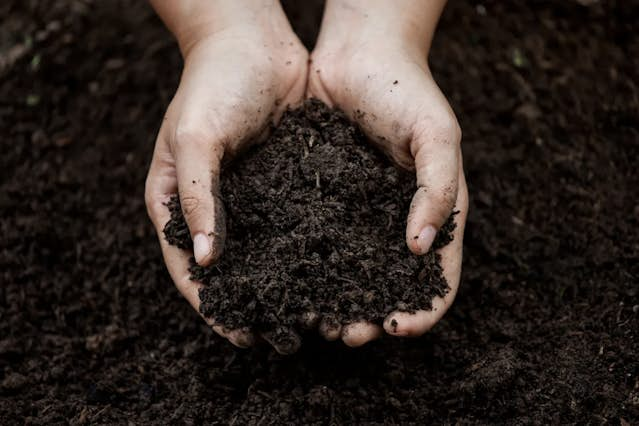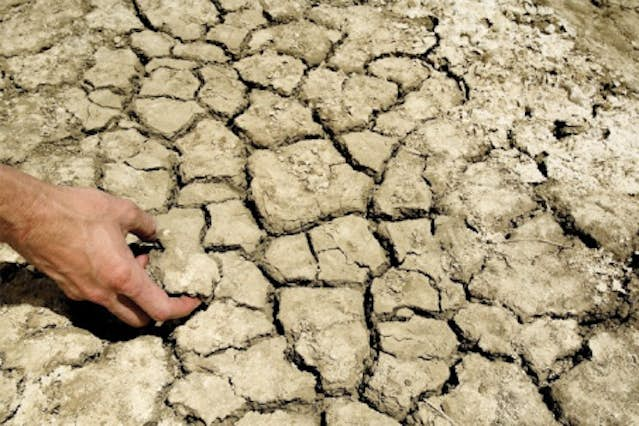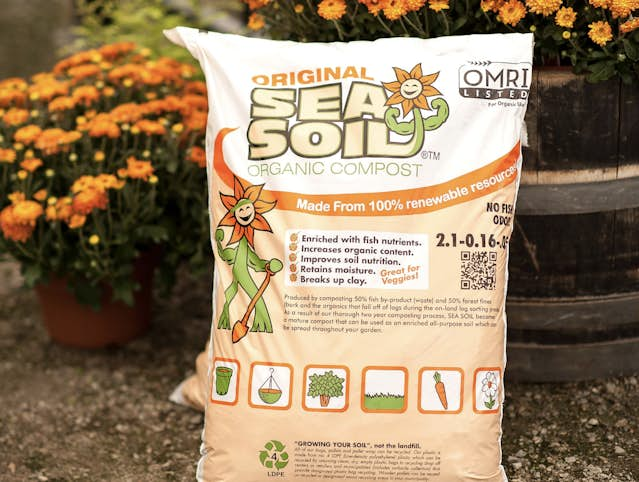Improve Clay Soil For Gardening
Gardening in clay soil can be a challenge, but with the right approach, it's possible to turn it into a fertile and productive garden bed. Check out our best tips to transform your clay soil into a healthy growing environment for your garden

Clay soil tends to need a lot of amending because of its dense, compact properties. Too much clay will cause water to pool, drowning plants, worms and beneficial micro-organisms. Clay easily bonds with calcium, iron, magnesium and potassium-elements that are essential for plant growth. Because clay traps water in its small pores, these essential nutrients are trapped and can become unavailable for the plants.
Amending is the process of adding any kind of matter to a soil to improve its nutrients or its other quality. There are many types of soil amendments out there, including organic matter such as compost, pH adjusters such as lime, commercial fertilizers, and more.
The goal of amending clay soil is to increase the size of the particles that make it up. This will allow water to drain properly, bringing oxygen into the soil and make nutrients available to your plants.

Soil test
Squeeze a moist handful of garden soil in your fist. If the clump immediately falls apart, your soil is too sandy. If it feels heavy and sticky and forms a ball that holds its shape, your soil has too much clay. Good garden soil will hold its shape but crumble if you start poking at it.
Adding Compost
Compost is organic matter already broken down by bacteria and worms(through vermicomposting), making their nutrients ready for root uptake. Sea soil or manure are great options to add to your soil. Working it into your soil is a great way to mix those good bacteria in.

Adding Mulch
Adding mulch along or with compost is a great way to help with clay soils. Leaves, lawn clippings, straw or untreated wood chips(not sawdust) are great mulching agents to add onto your soil. Work in with a fork. Over time it’ll break down.
Adding Worms
Adding worms will accelerate the decomposition of organic matter in the soil. Worms tunnel through your soil and naturally aerate it, while the excretions they leave in their wake is their own way of composting your soil.
Adding Gypsum
Gypsum can also help break up heavily compacted clay soil making it more porous for better drainage and air circulation which can ais root development and nutrient absorption and can boost the calcium in the soil.
Patience is the key…
Don’t expect overnight success with your clay soil. Try starting with raised beds while you work with your garden to amend the clay soil. Converting clay soil to healthy soil is a gradual process that can take multiple planting seasons. But don’t give up, the results will reward you many times over in the end. After you have achieved healthy soil, you’ll want to maintain your garden by rotating crops, mulching and continually adding organic matter and compost.

